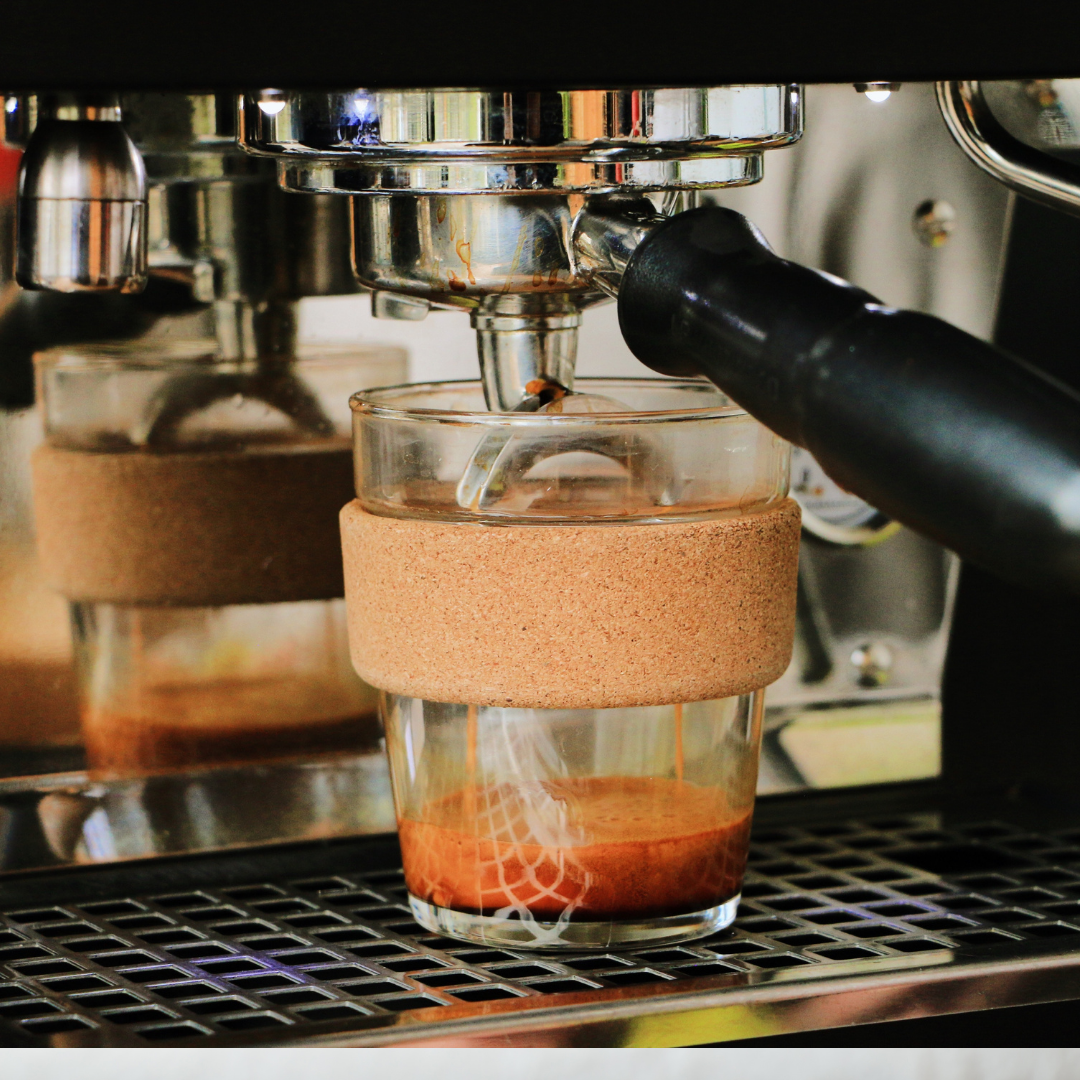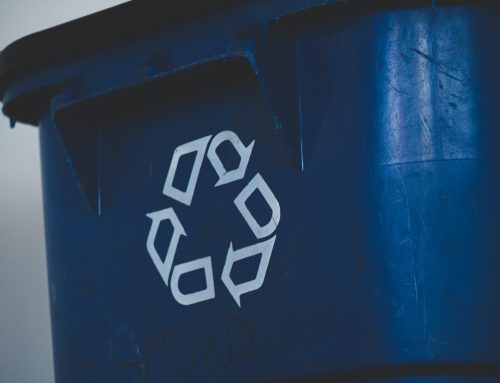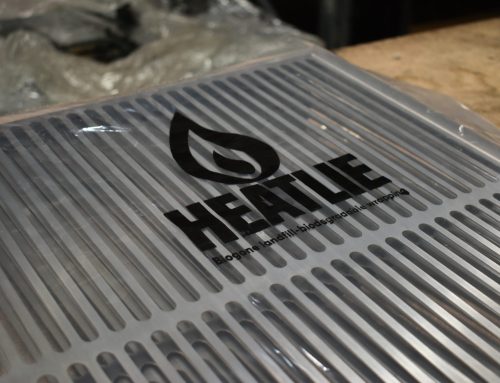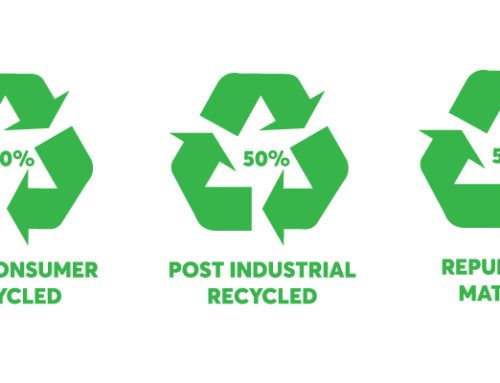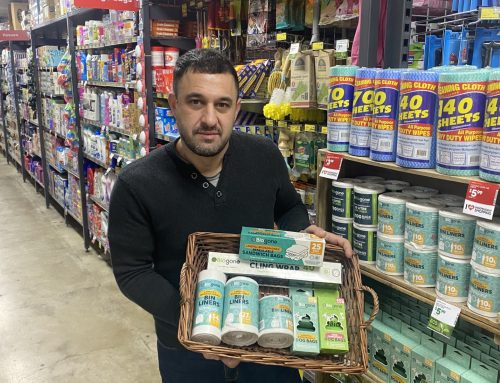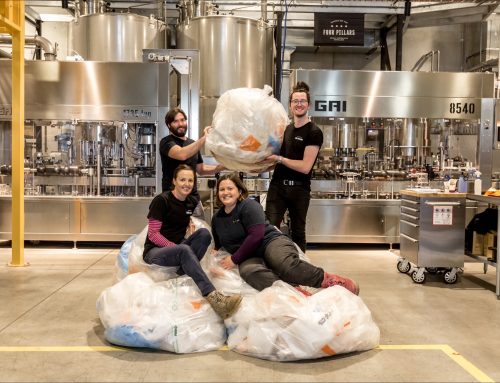Although we might have the best intentions, sometimes our food and garden waste, soft plastics and other recyclables end up in landfills, which is becoming a big problem year after year. In order for us to maintain the preservation of our natural resources, we need to promote waste reduction by decreasing wastage, reusing and recycling.
Reducing waste at home
There’s no better place other than home to start reducing your waste. Below are a few tips to help:
- Reduce food waste and food scraps ending up in landfills by putting your organic waste as well as garden waste in a home compost bin or kerbside food and garden bin.
- After mowing your lawn, leave grass clippings behind so they can break down naturally rather than being disposed of in the kerbside garden bin.
- Recycle your soft plastics and plastic bags at REDcycle located at most Coles and Woolworths stores.
- When buying fresh produce, try and only buy what you need to avoid food and financial wastage.
- Try buying products that are plastic-free or made from recycled material.
- Buy in bulk and store food products in a soft bag to maintain freshness.
- Dispose of any non-recyclable waste and hazardous waste appropriately through the waste collection services that your council offers in your suburb.
- Alternatively, you may consider biodegradable products to reduce plastic containers and packaging waste ending up in landfill.
- Remember to bring your reusable shopping bags to the supermarket or reusable coffee cup to grab your morning coffee.
Reducing waste at work
You can inspire your colleagues to reduce waste by encouraging the correct waste practices at the workplace (in the office or at home). Here are some tips to get you started:
- Organise safe disposal of office or working from home e-waste so that they can be recycled into new products. This can be arranged through Ecycle, Ecoactiv or you can find a location near you.
- Set up a compost bin to capture food waste and scraps from the kitchen.
- Set up a soft plastics waste stream to capture and arrange drop off at REDcycle or arrange a collection with a plastic recycling manufacturer.
- Print on both sides rather than one as it saves energy as well as paper.
- Recycle paper waste into the appropriate recycling bin rather than placing it in the general rubbish bin.
- Encourage a work culture the promotes reusable bottles, cutlery and coffee cups.
- Use a refillable pen or a recyclable pen as opposed to getting a new pen and disposing of it through the landfill.
- Build into the procurement process to only dispatch and receive parcels that are made with recycled plastic content and or plastics that can be recycled.
Reducing waste at school
Teachers, parents, as well as students, can learn about the proper processes of reducing waste at school. Here are some tips you can implement at school:
- Promote the message of Reduce, Reuse, Recycle.
- Organise for the local council to do a waste talk to the students, teachers and parents.
- Rather than throwing out cardboard boxes and egg cartons, they can be used in other ways such as materials for art projects at schools.
- Encourage kids to bring their own reusable lunch boxes with cloth napkins, cutlery and drink containers rather than bringing paper bags that might be littered.
- Avoid giving kids extra food to minimise food waste at schools.
- Having a compost heap will allow kids to learn about how waste breaks down over time. This allows the kids to get their hands dirty whilst also utilising the compost for the school’s gardens.
- Instead of buying new school supplies, try reusing old books and stationery that haven’t been used.
- Promote green waste champions in the classroom!
How can we increase awareness to help with reducing waste?
We all need to play our part in helping society reduce waste. If we can build into the process of thinking ‘disposal first’ when we buy items, then that will help inform our buying decisions and hopefully have a positive impact on our buying behaviour.
With Biogone products, you no longer have to choose between convenience vs eco-conscious decisions and can make a positive impact on the environment. Our landfill-biodegradable plastic products biodegrade 90+% faster than conventional plastics, which can take hundreds of years to biodegrade.
It’s important for us to reduce waste that ends up in landfills and recovery as many resources as possible to give items a new life and reduce the amount that ends up in landfills.

